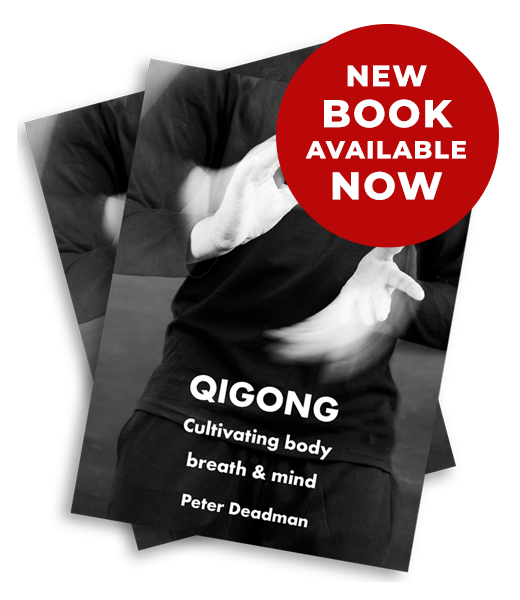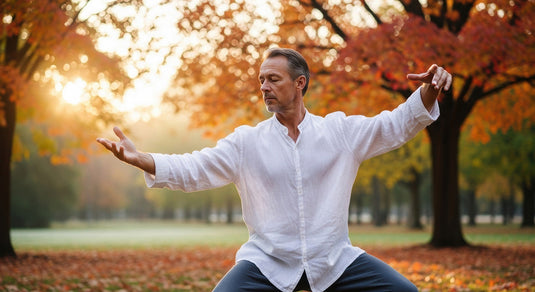A sweet study has just been published in the Complementary Therapies in Medicine journal. Researchers from Japanese environmental and forest institutes report that simply viewing a vase full of fresh, red roses induced powerful states of physiological and psychological relaxation in female university students.
Japan, of course, is the home of what is known as ‘forest bathing’ or ‘shinrin-yoku’ where groups of people (usually seniors) are led on silent, mindful guided walks through the woods. The result is lowered levels of stress hormones, pulse rate, blood pressure and sympathetic nervous system (‘fight or flight’) activity.
The rose researchers cite the ‘back to nature’ theory which simply observes that humans have only spent around 0.01% of our history in urban environments, and that as soon as we are exposed to nature, our physical and mental state reverts very quickly to match our evolutionary past.
There is a growing body of research now which shows that even small amounts of contact with nature – being able to see trees from one’s home or hospital bed, viewing images of nature, having a plant in the room, living within one kilometre of green space – cause a range of responses from better health, through greater life satisfaction, to reductions in mental disease and crime.
I gave a presentation on the relationship between nature and health recently at the British Acupuncture Conference. If you want to know more about this life-enhancing subject you can view it here.





